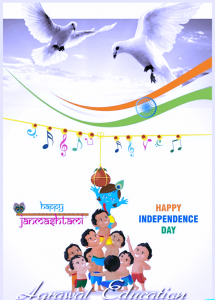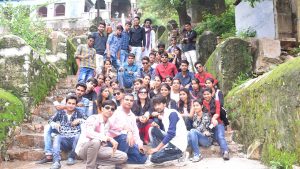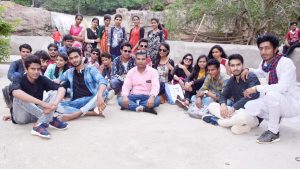Nand Ghar Aanand Bhayo Jai Kanhaiya Lal ki…
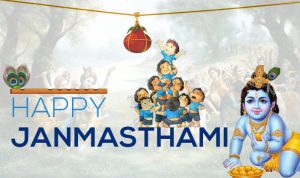
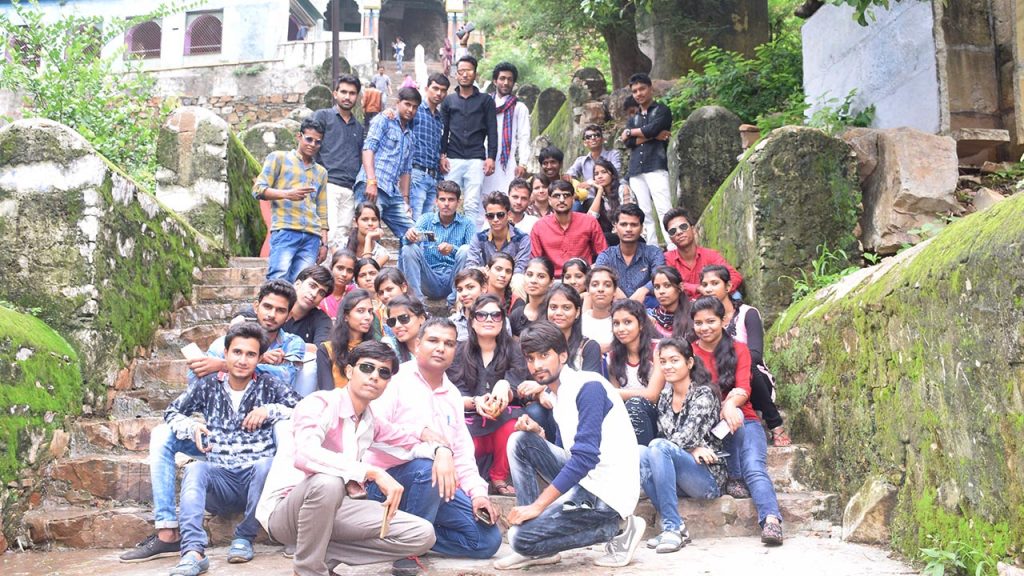
Picnic spotlight
True happiness arises, in the first place, from the enjoyment of one’s self, and in the next, from the friendship and conversation of a few select companions.
Our Student result 100% pass
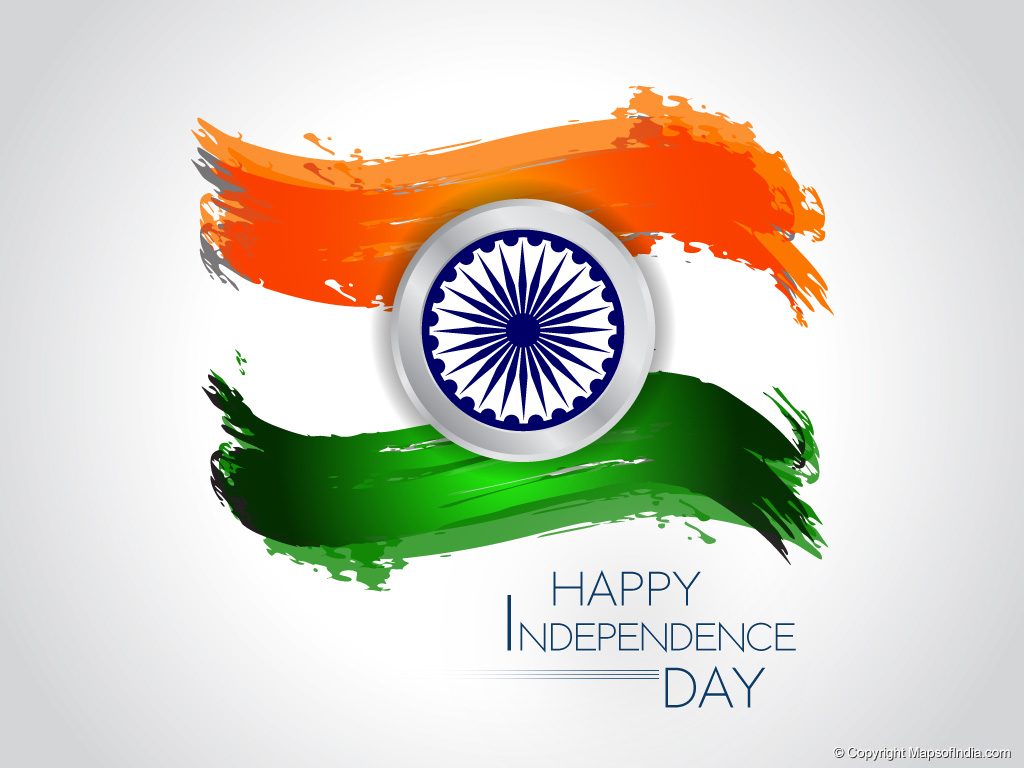
Independence Day
European traders had established outposts in the Indian subcontinent by the 17th century. Through overwhelming military strength, the British East India company subdued local kingdoms and established themselves as the dominant force by the 18th century. Following the First War of Independence of 1857, the Government of India Act 1858 led the British Crown to assume direct control of India. In the decades following, civic society gradually emerged across India, most notably the Indian National Congress Party, formed in 1885. The period after World War I was marked by British reforms such as the Montagu–Chelmsford Reforms, but it also witnessed the enactment of the repressive Rowlatt Act and calls for self-rule by Indian activists. The discontent of this period crystallised into nationwide non-violent movements of non-cooperation and civil disobedience, led by Mohandas Karamchand Gandhi.
In 1942 quit India movement was started. During the 1930 s, reform was gradually legislated by the British; Congress won victories in the resulting elections. The next decade was beset with political turmoil: Indian participation in World War II, the Congress’ final push for non-cooperation, and an upsurge of Muslim nationalism led by the All-India Muslim League. The escalating political tension was capped by Independence in 1947. The jubilation was tempered by the bloody partition of the subcontinent into India and Pakistan.
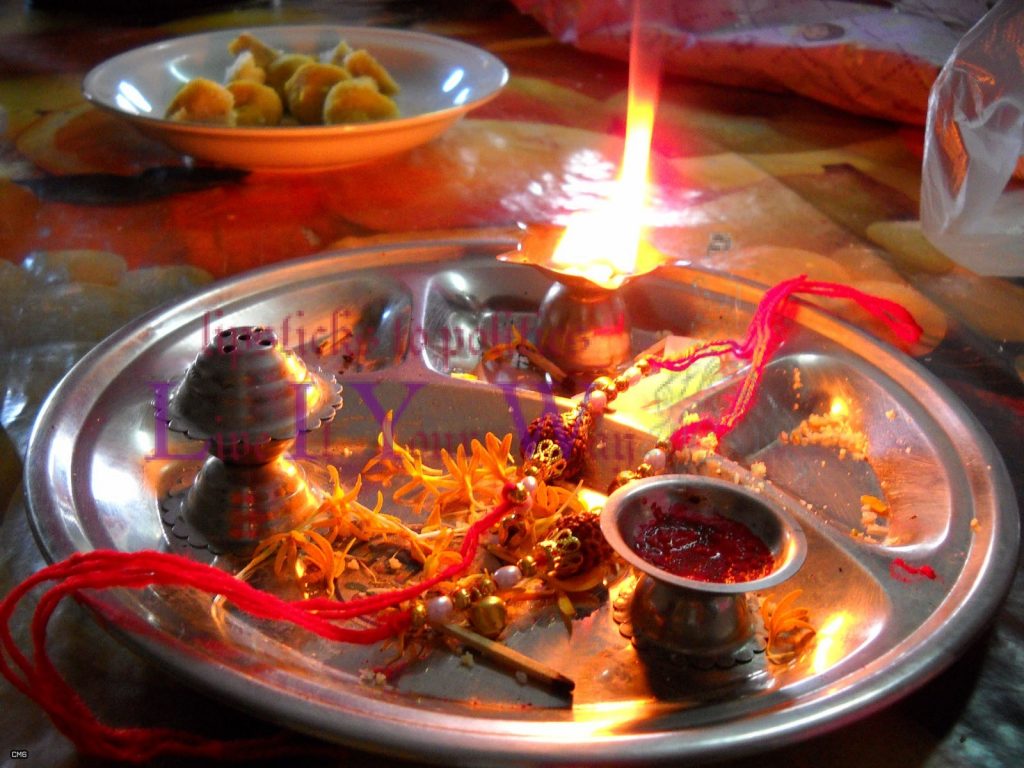
Raksha Bandhan
Raksha Bandhan as a religious festival focuses on performing the aarti and saying prayers prior to tying the rakhi. The prayers draw inspiration from the Hindu scriptures.
Significance
Raksha Bandhan in Sanskrit literally means “the tie or knot of protection”. The word Raksha means protection, while Bandhan is the verb to tie. It is an ancient Hindu festival that ritually celebrates the love and duty between brothers and their sisters.The sister performs a rakhi ceremony, then prays to express her love and her wish for the well being of her brother; in return, the brother ritually pledges to protect and take care of his sister under all circumstances. It is one of the several occasions in which family ties are affirmed in India.
The festival is also an occasion to celebrate brother-sister like family ties between cousins or distant family members,sometimes between biologically unrelated men and women.To many, the festival transcends biological family, brings together men and women across religions, diverse ethnic groups and ritually emphasizes harmony and love. It is observed in the Hindu calendar month of Shraavana , and typically falls in August every year.

